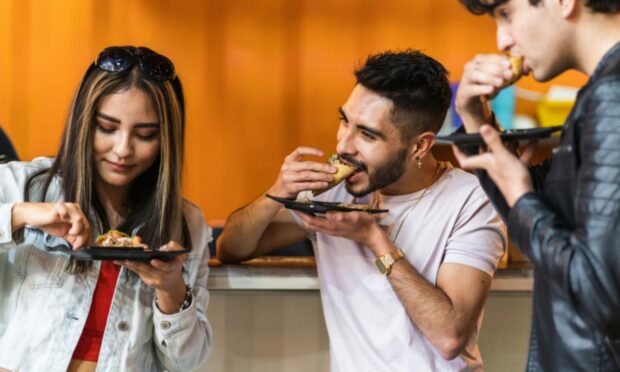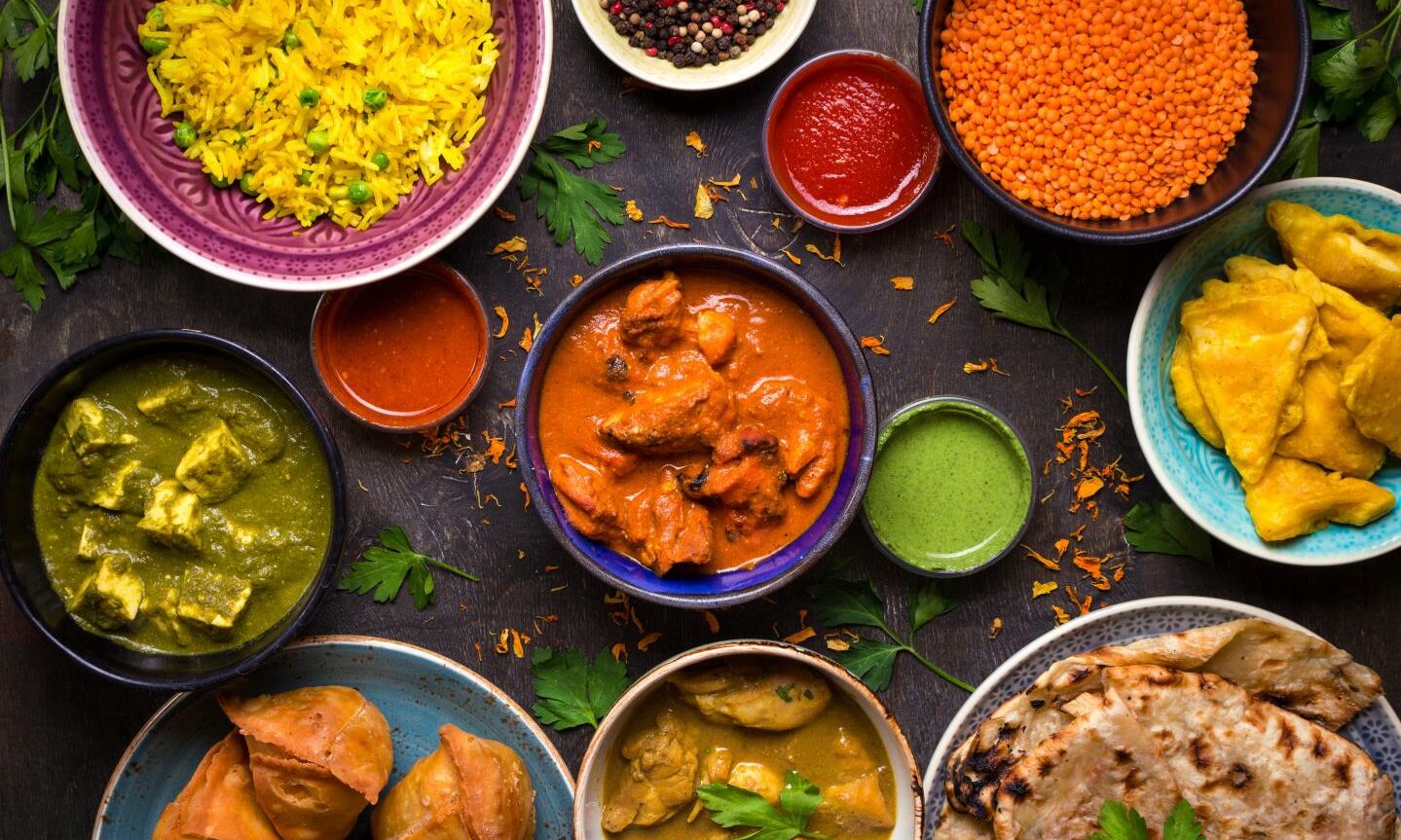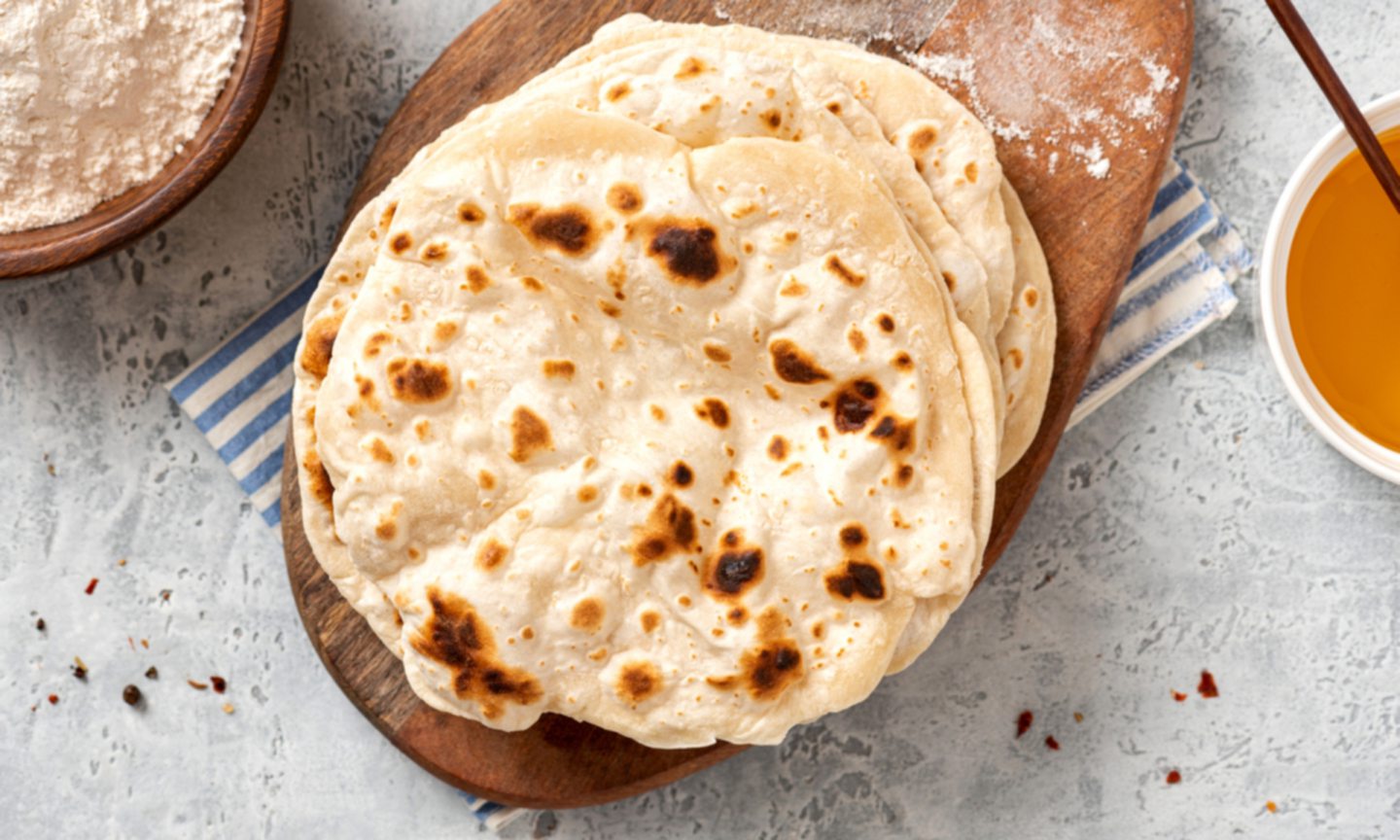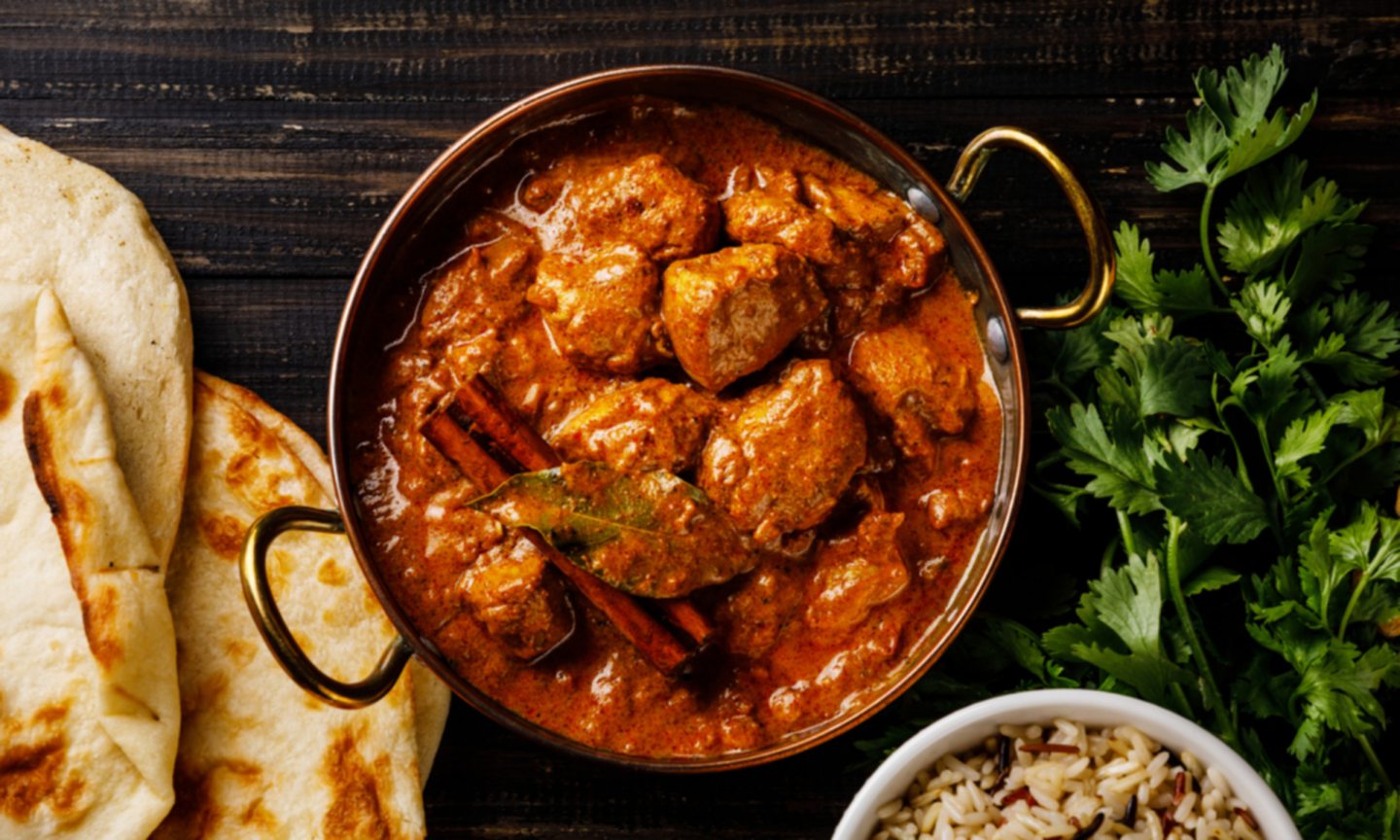Cultural influences and food go back generations, but do any of those habits from our ancestors still influence our food behaviour now?
In many cases food is a way of preserving the culture of people and helps them to feel more connected to their identity.
With migration of people constantly occurring due to war, marriages and in search of a better or different life, food can help people also feel connected to their homes and the culture they grew up with.
Starting from childhood we develop cultural values around what to eat, how to eat, utensils to use, who we eat with and how often we eat.
With time these develop into habits, and due to them being implemented at key development stages, these habits will tend to grow stronger as the individual develops.
Culture shapes our adult eating habits
Culture also shapes our likes and dislikes of certain food groups, and whether we are more familiar with flavours and combinations of food.
Speaking from experience of eating and being brought up on Indian cuisine, my natural palate is more in favour of spices like cumin, coriander, turmeric and chilli than a person who’s cultural background is Italian or British food.
And although I find these other cuisines enjoyable, my preference is to always to eat the food that tastes like home, even when dining out.
Shopping habits are altered
The same can be said for the shopping choices and types of food that people from different cultures would be willing to buy from supermarkets or stores.
In my families case, we will stock up every month or so with large bags of rice and flour bags for rotis because they are staple carbohydrates in our diet and items we always eat.
Whereas my cousin’s wife who is of Somalian ethnicity is more likely to buy fresh bananas every few days to enjoy with her lunch or dinner and slices them up and mixes them into her meals.
Cultural mixing creates new combinations
As people spend more time in a location, different cultures will start to mix and influence the types of food they will be willing to try.
With the influx of Indian people into the UK decades ago, locals started to enjoy the cuisine to the point that chicken tikka masala is now one of Britain’s most loved dishes.
Often when people migrate to new countries they may try to blend into society and repress the cultural influences they have.
But these differences should be celebrated as a way of connecting us to our history and helping us build a more inclusive future through food.
If my ancestors hadn’t done that, then we may never have had tikka masala.
Mariam Okhai is a food and drink journalist who also researches food behaviour.
She has a Masters in Behavioural Science for Management from the University of Stirling. Her undergraduate degree was in Psychology and Business Economics with Marketing.
She is also a certified habit coach.
You can find out more about her research on her Behavioural Foodie website.




